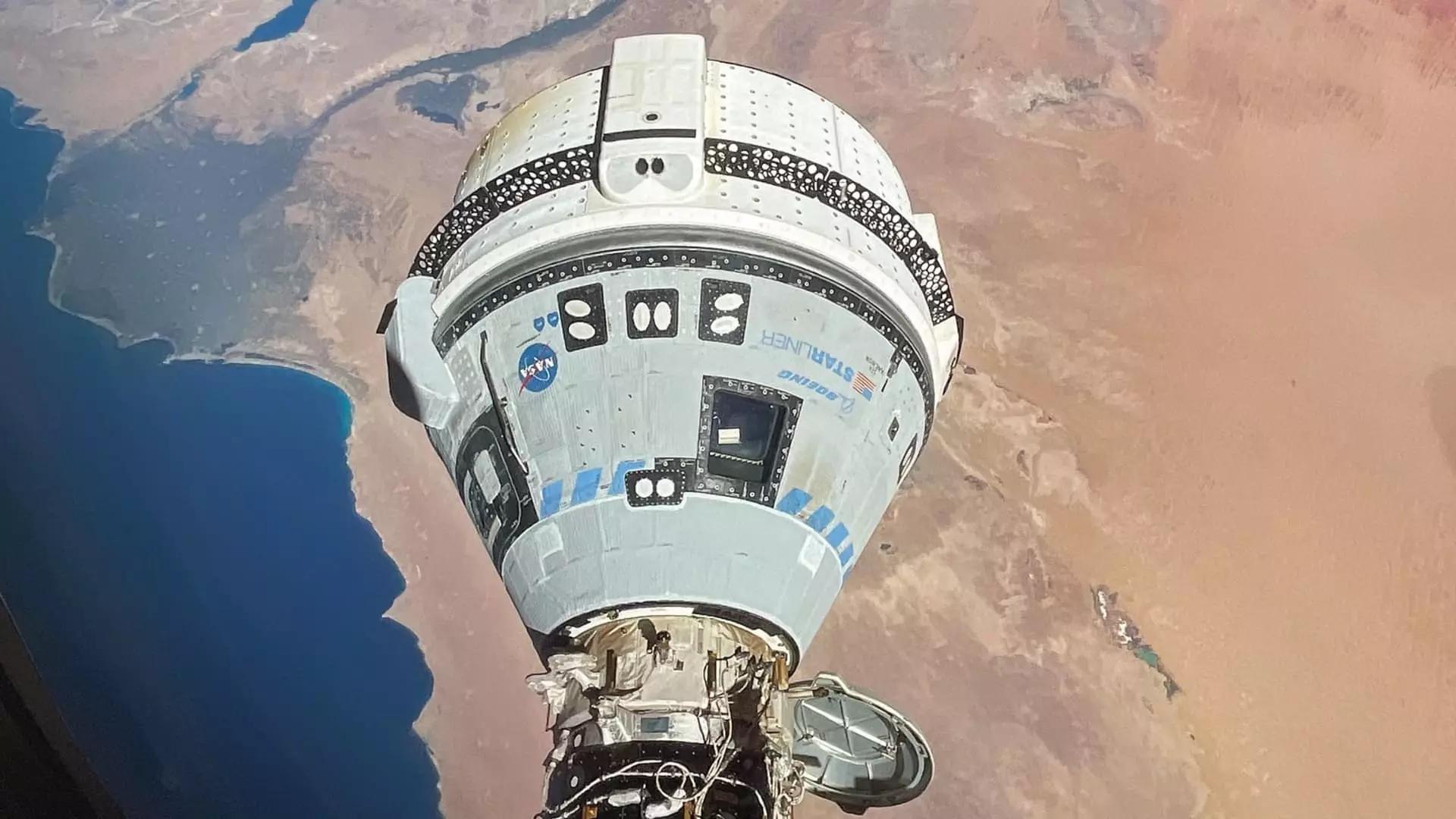NASA and Boeing have made an announcement that they are extending the first crewed flight of the Starliner spacecraft. The spacecraft, known as “Calypso,” will remain at the International Space Station for an extended period while the organization conducts additional testing on the ground. The crew flight test includes NASA astronauts Butch Wilmore and Suni Williams and marks the first time that Starliner has carried humans.
A new testing campaign of the spacecraft’s thruster technology is set to begin at White Sands, New Mexico, to gather more data about the spacecraft’s performance. NASA’s Commercial Crew manager, Steve Stich, mentioned during a press conference that the testing could take a couple of weeks to replicate in-flight conditions on the ground. These tests need to be completed before Starliner can return to Earth.
Despite the assurances from NASA and Boeing that the Starliner spacecraft is safe, the team wants to replicate thruster issues that occurred during the spacecraft’s approach to the ISS. The goal of the ground testing is to ensure that there are no unusual performance issues with the thrusters, and inspections will be carried out after test firings at White Sands. Once testing is completed, a plan for the spacecraft’s return to Earth will be put in place.
Starliner was initially seen as a competitor to SpaceX’s Dragon spacecraft but has faced various setbacks and issues during missions, pushing it into a backup position for NASA. The agency plans to have SpaceX and Boeing alternate flights to transport astronauts to the ISS. Officials emphasized that the extended stay at the ISS is to conduct more testing and gather data rather than to fix any risky problems with the spacecraft.
Confidence in Safety
Despite the delays, both NASA and Boeing have expressed confidence in the safety of the Starliner spacecraft. The spacecraft is designed for missions up to 210 days, indicating that the extended stay at the ISS is within the spacecraft’s capabilities. While there is no specific target date for the return to Earth, officials have stated that the crew is not in any danger and that there is no increased risk associated with the extended stay in orbit.
The extended testing of the Starliner spacecraft represents a crucial step in ensuring the safety and performance of the spacecraft before it embarks on operational missions. The ground testing at White Sands will provide valuable data about the thruster system and help address any issues that may arise during the mission. While delays are inevitable in complex space missions, it is essential to prioritize safety and thorough testing to guarantee the success of future crewed missions to the International Space Station.


Leave a Reply